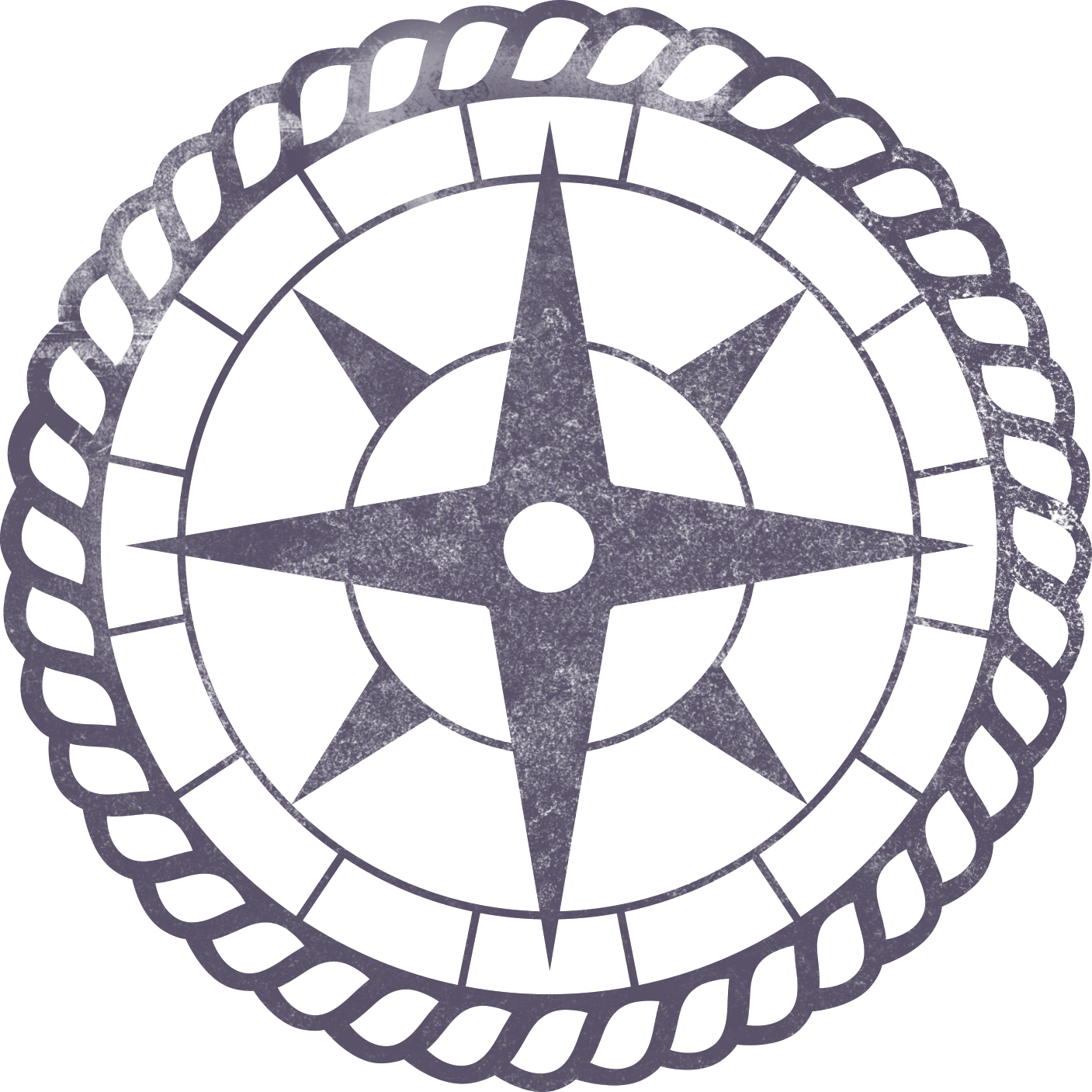I was not allowed to cook often at home because I made too much of a mess. So I learned to cook on trips in the wilderness. First pancakes and macaroni, now cinnamon rolls and smoked fish.
Turns out the woods is the perfect place to make a mess. Whether I was traveling with friends, scouts, or Outward Bound, I was responsible for my own food, hygiene, belongings, and well-being in a way I wasn’t on a daily basis at home.
This resulted in some messes, some oversights in hygiene, some lost belongings.
It also gave me the freedom to discover I liked cooking, and forced me to come out of my shell and practice asking for help.
Teenagers aren’t capable of everything, especially not in the woods. That is why it is important for them to spend time in the wilderness. Choosing not to ask a teacher for help on a school assignment – low immediate consequence. Choosing not to ask for help getting a fire going to cook dinner in the rain – high immediate consequence. Yet no adult was standing over me, nagging me, Speak up, Renee. Ask for help, Renee. The rain was dripping down the back of my neck and my stomach was rumbling. So I made the choice to ask for help.
Likewise, I was called upon to help, to really help, peers and adults. Giving a hand to pull someone out of the mud, or helping set up a tent as darkness fell. Rarely was I called upon in such tangible ways to help others in my everyday life as a teenager.
One of Kurt Hahn’s (Outward Bound’s founder) philosophies was to let the students meet with success and with failure. Failure can be seen as evidence that students are practicing and attempting what they’ve learned, although not yet mastered. A student sews his pants to his boxers while patching a hole ripped by a tree branch. A canoe blows away in the wind after being tied poorly to shore. Dinner burns.
As instructors, we do our best to manage the learning environment, striving to utilize natural consequences once students have demonstrated competency. Allowing dinner to burn on the first night is the fault of only the instructors, not the students. But if we were to intervene every night of the expedition with a gentle reminder, there would be less autonomy and less mastery.
The simplicity of life in the woods, traveling by canoe during the day and setting up camp each evening, allows routines to be built, habits formed, and skills mastered in only a matter of weeks. Ours is a concentrated universe in miniature, containing only that which is necessary (plus a few luxuries, like chocolate). During summer programs for teens, students are allowed to focus in – on themselves, on a few physical skills, and interactions with a few teammates.
This unusual context allows students to experience success and failure in concrete ways on a daily basis. Some skills, like cooking, are immediately transferrable. Others, like steering a canoe, may be less obvious in how they translate to home. One aspect of understanding the value of steering a canoe is that competence in anything is valuable to a person’s self-esteem. Being the expert and going home, especially to a family that could express interest in learning from their teen, builds confidence. The canoe is also a teacher of patience, of communication between paddling partners, of perseverance against the wind and waves, and of silence, slipping through calm water under the stars or past a moose.
Often students find that they learn things they weren’t expecting to while traveling with Outward Bound.
While no one wilderness trip can teach you all the life skills you need to succeed in the world, for many, it can be a building block, an opportunity to make messes and clean them up, a chance for real consequences in the context of adventure. And it turns out, that can be quite fun.
Browse our summer programs for teens and discover why Outward Bound is the leader in experiential and outdoor education.





